North Korea marks 10 years of Kim Jong-un’s leadership with week-long events
North Korea is holding a series of events this week to mark the 10th anniversary of its leader Kim Jong-un's rise to power, as part of efforts to extol his leadership in the face of Western sanctions.
The celebrations kicked off with a national meeting held at the April 25 House of Culture in Pyongyang on Sunday, according to the state-run television.
The meeting was attended, among others, by the chairman of the standing committee of the supreme people's assembly Choe Ryong-hae and premier Kim Tok-hun.
Choe Ryong-hae, a senior member of the ruling Workers' Party of Korea, said the country’s power was expanding in line with advancements in its self-defense capabilities, a report in KBS World said.
He praised Kim, the grandson of the founder and first supreme leader of North Korea, as "a gifted thinker and theoretician, outstanding statesman and peerlessly great commander".
Despite unprecedented difficulties, Kim has opened up a new era for North Korea as a powerful and prospering socialist nation with self-sustenance and self-reliance, Choe declared.
Kim assumed power when he was named supreme commander of North Korea’s military after his father, Kim Jong-Il, died in Dec. 2011.
Monday marks ten years since the incumbent ruler was elected as the party leader. His family has ruled the country throughout its history.
The week-long celebratory events will include the 110-year anniversary of the birth of Kim Il-sung, North Korea's founder and Kim Jong-un's grandfather, as per a report in The Korea Times.
Satellite images have shown North Korean troops practicing for a military parade that could be held as part of celebrations to mark the occasion.
The Korea Times report cited analysts as saying that there were signs North Korea could showcase its ballistic missiles at the event.
Under Kim, North Korea has conducted four of its six nuclear tests and developed intercontinental ballistic missiles (ICBMs) that have sent shockwaves across the world.
Last month North Korea conducted a full ICBM test for the first time since 2017.
Known as the Hwasong-17, the powerful ICBM dubbed as a “monster missile”, appeared to have traveled higher and further than any previous ICBM tested by the nuclear-armed state.
After the launch, the state news agency cited Kim as saying that the missile was test-fired due to “daily-escalating military tension in and around the Korean peninsula” and the “inevitability of the long-standing confrontation with the US imperialists accompanied by the danger of a nuclear war.”
Israeli strikes kill 88 Palestinians in northern Gaza
American voters plainly rejected complicity in Gaza genocide: Iran FM spox
ICC should issue more arrest warrants for Israeli authorities over Gaza genocide: UN expert
Israel using AI weapons co-produced by India in Gaza genocide: Report
Israel issues new evacuation orders, shortly launches strikes on southern Lebanon
VIDEO | Press TV's news headlines
From Iraq to Gaza: The great disconnect between British people and rulers
Syria condemns Israel's killing of 36 in 'horrific' strike on Palmyra


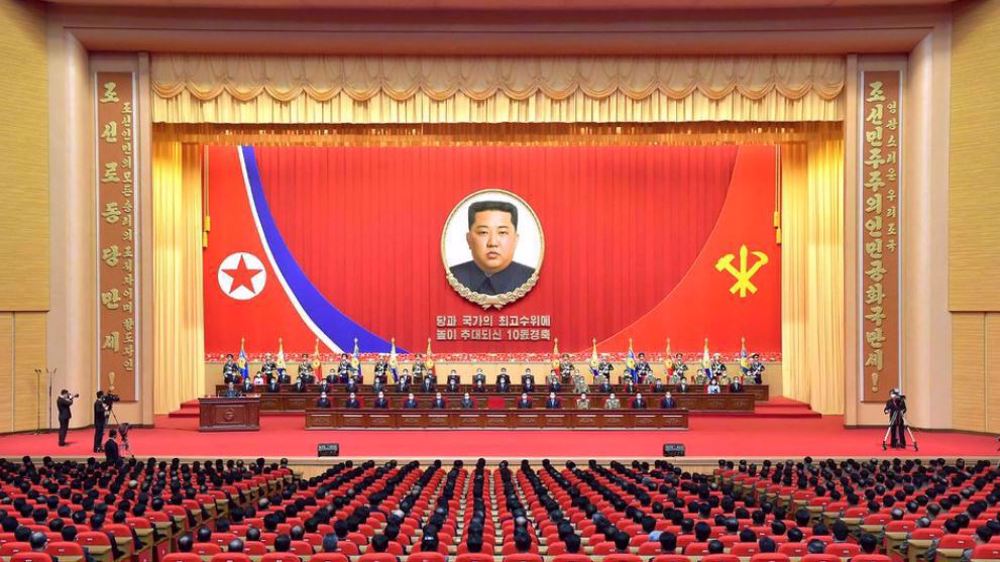
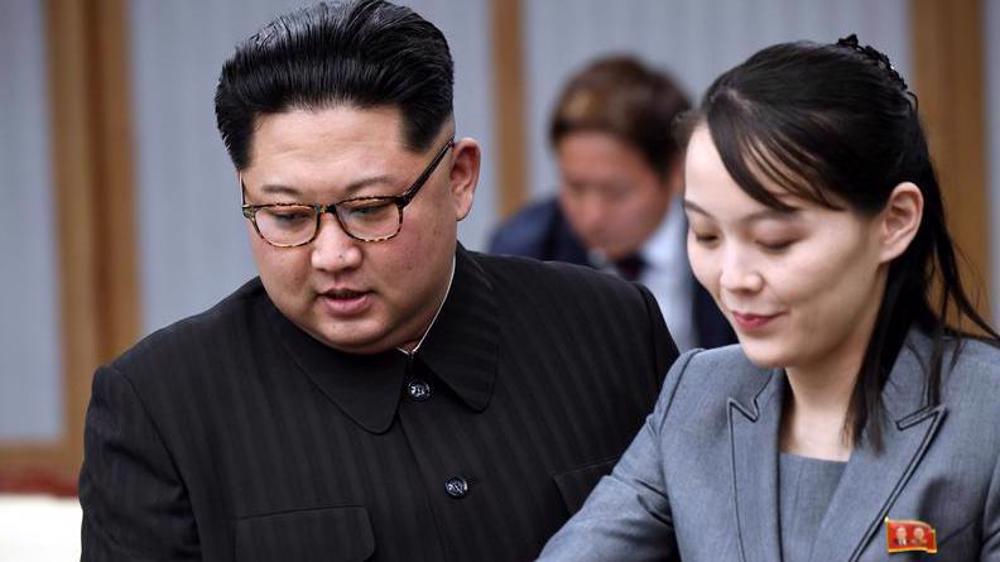
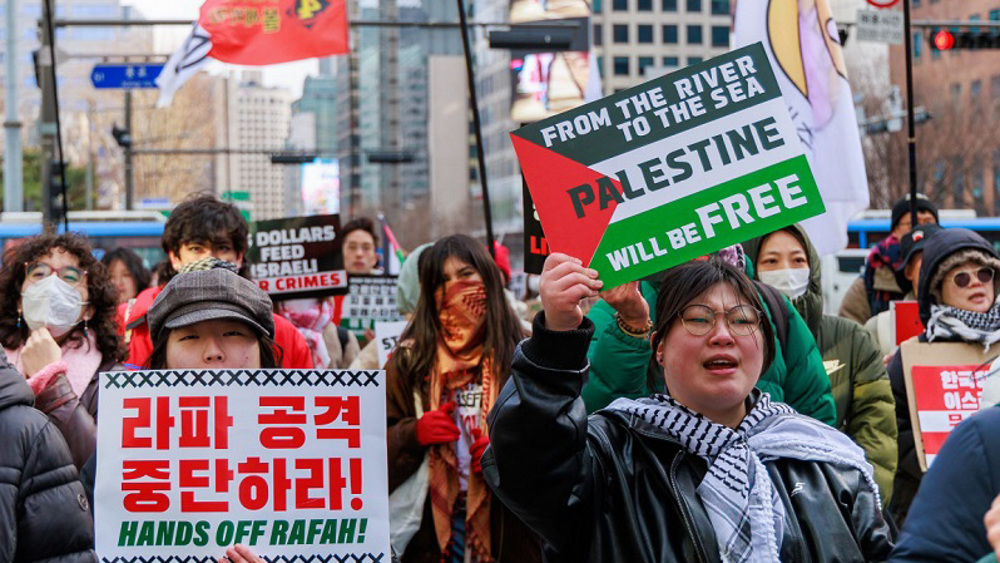
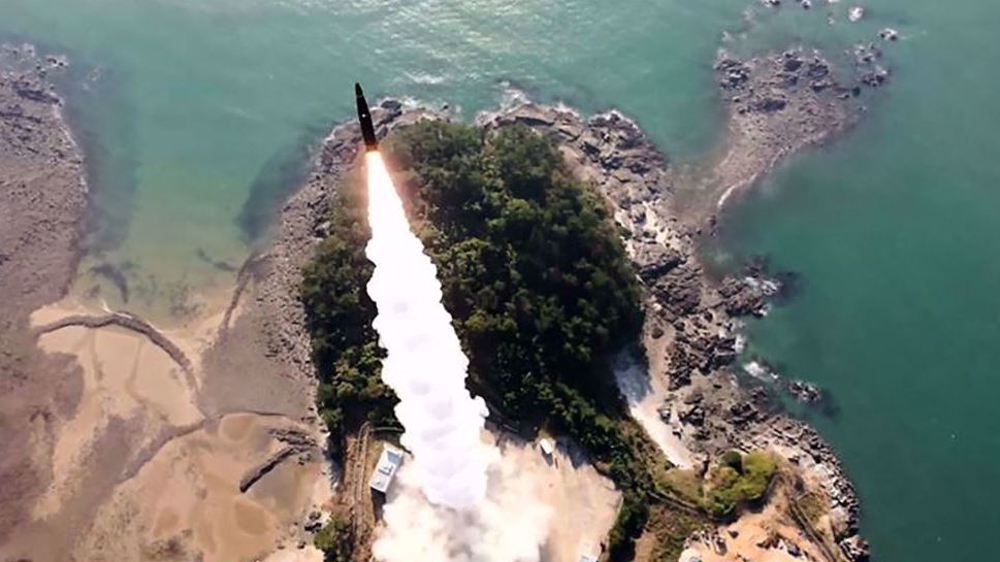
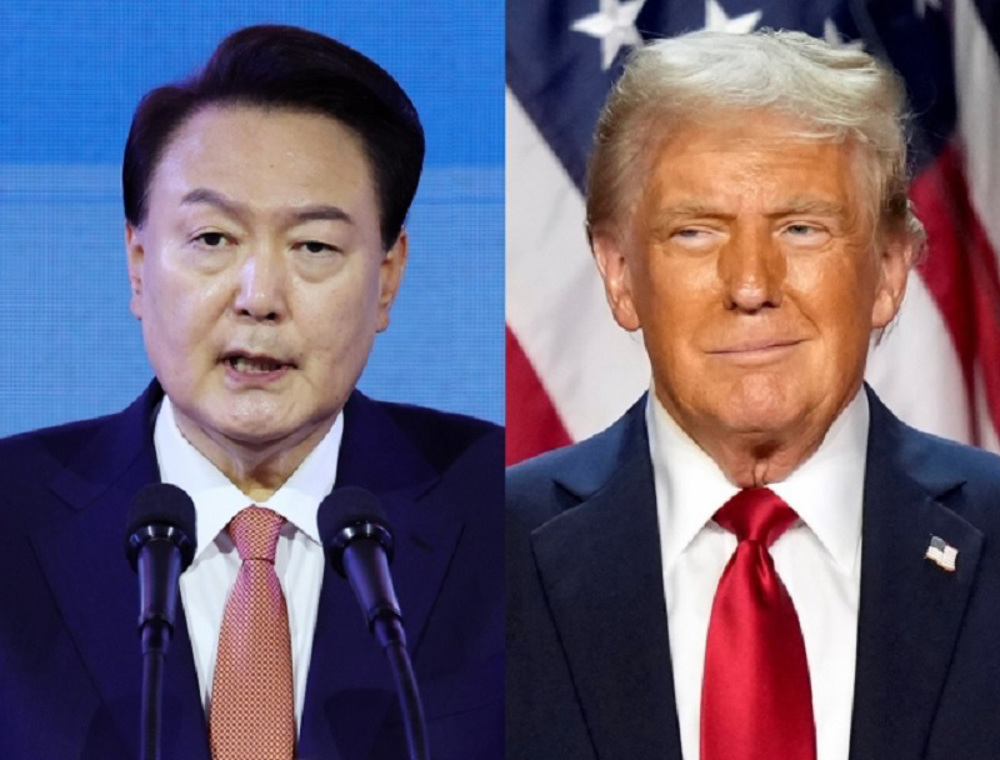



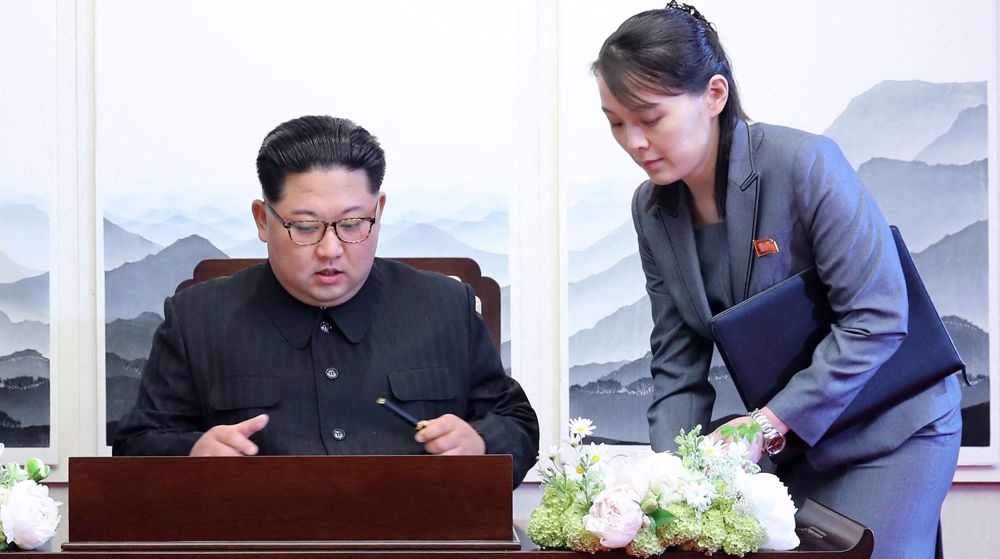
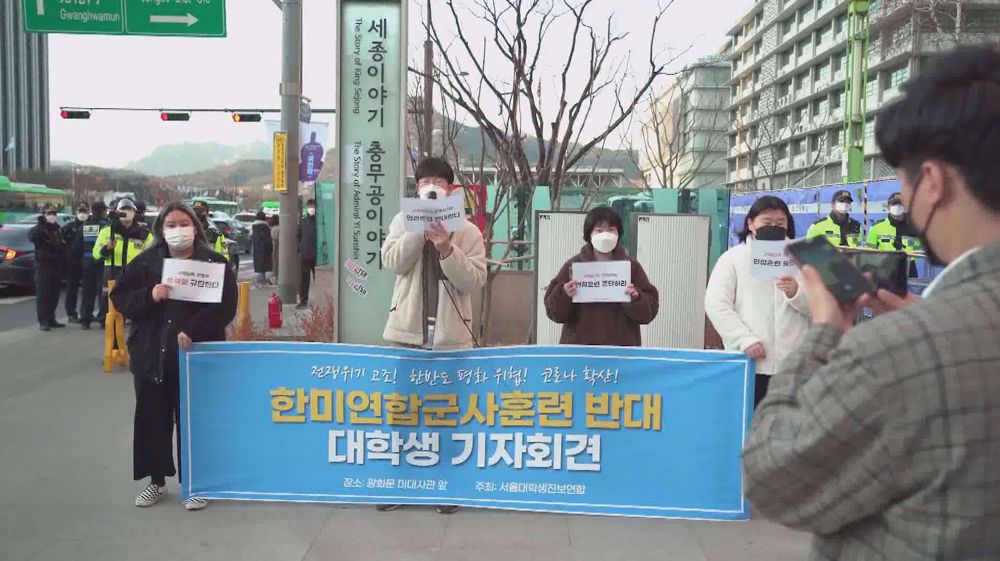
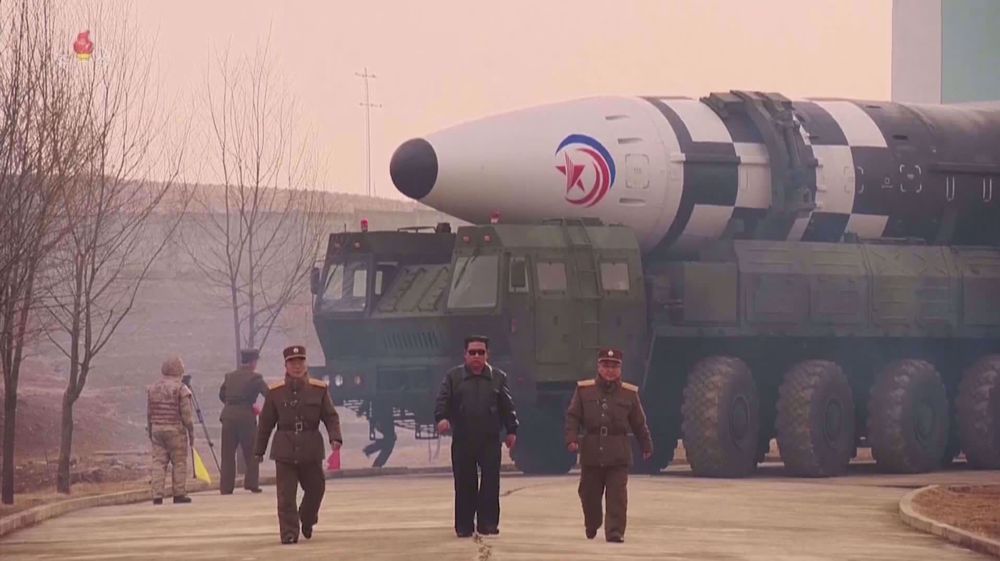
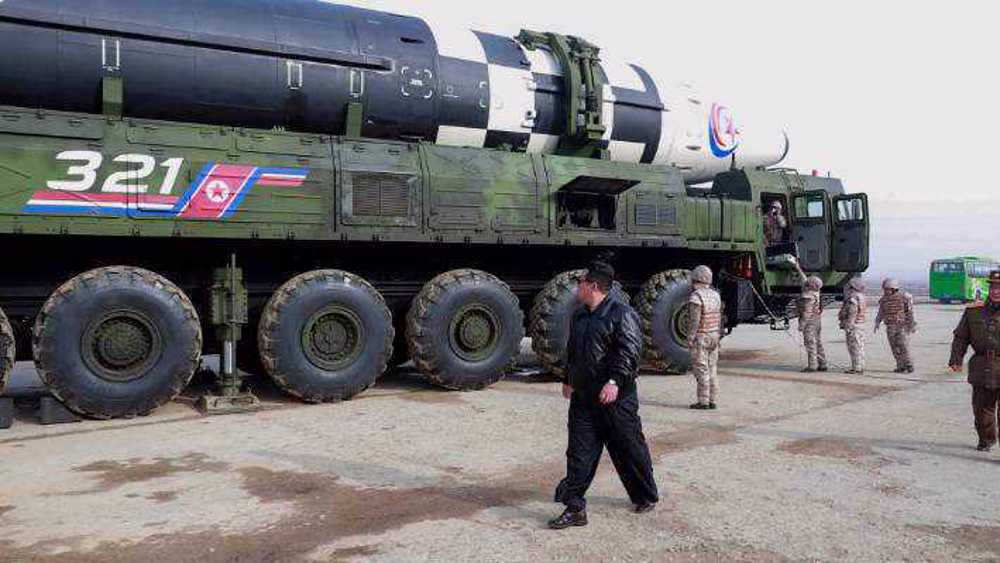

 This makes it easy to access the Press TV website
This makes it easy to access the Press TV website